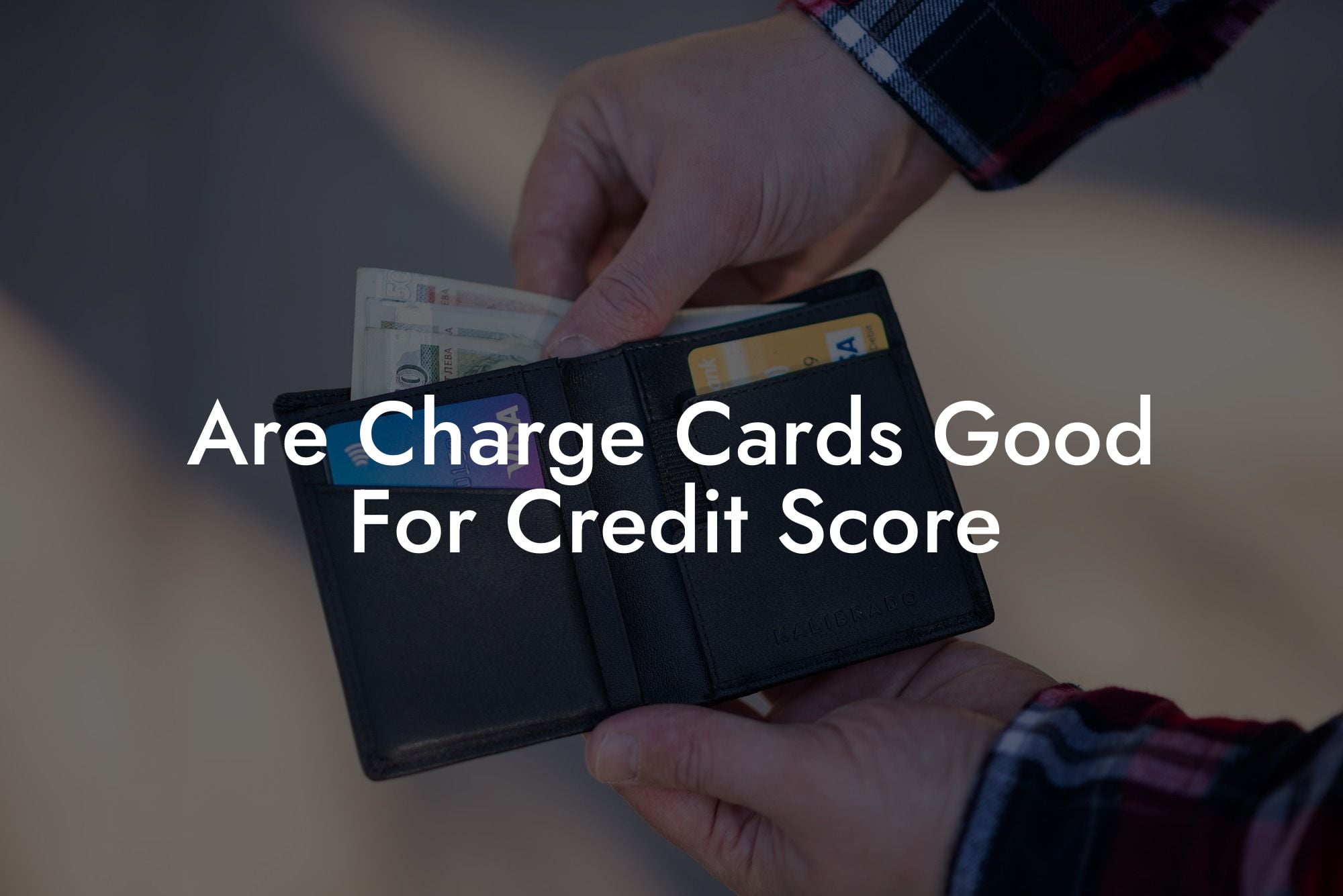Are you looking for a way to improve your credit score and strengthen your financial standing? You may have heard of charge cards, but do you know how they impact your credit score? In this Flik Eco article, we’ll dive into the world of charge cards, their benefits and drawbacks, and how they can affect your credit score. Get ready to learn whether charge cards are a good fit for you and your financial goals!
Quick Links to Useful Sections
Are Charge Cards Good For Credit Score Table of Contents
What Are Charge Cards?
A charge card is a type of financial product that allows you to make purchases and pay for them later, similar to a credit card. However, unlike a credit card, a charge card requires you to pay off the entire balance in full at the end of each billing cycle. This means you can’t carry a balance from month to month, preventing you from incurring interest charges.
Pros and Cons of Charge Cards
Before deciding whether a charge card is right for you, let’s explore some of their main advantages and disadvantages:
Pros:
- No interest charges: Since you must pay your entire balance each month, there are no interest charges.
- Higher spending limits: Charge cards often come with higher spending limits, providing more flexibility for larger purchases.
- Rewards and benefits: Many charge cards offer rewards and benefits like travel perks and retail discounts.
- Helps control spending: The requirement to pay off your balance in full every month can help keep your spending in check and avoid accumulating debt.
Cons:
- Tight payment deadlines: As mentioned, you must pay your balance in full each month, which can be a downside if your cash flow is inconsistent.
- Less impact on your credit utilization ratio: Charge card balances aren’t factored into your credit utilization ratio, which can have both positive and negative consequences for your credit score.
- Fees: While you won’t incur interest charges, you may still face late fees or annual fees depending on the terms of your card.
How Charge Cards Affect Your Credit Score
Charge cards can impact your credit score, as they are reported to credit bureaus just like credit cards. Here are some ways in which charge cards can affect your credit score:
Payment History (35% weighting in your credit score)
Just like with a credit card, your payment history on a charge card is crucial for a healthy credit score. Paying your balance on time and in full every month will have a positive effect on your credit score, while missed payments or late payments will have a negative impact.
Credit Utilization (30% weighting in your credit score)
As mentioned earlier, your charge card balance is not factored into your credit utilization ratio, which measures the percentage of your available credit that you’re using. Since charge cards don’t have a predefined credit limit, they can’t contribute to your credit utilization. As a result, having a charge card could potentially help your credit score, especially if you also have a credit card with a high utilization ratio.
Length of Credit History (15% weighting in your credit score)
As with any new financial product, opening a charge card will affect the average age of your credit accounts. If you’re new to credit, opening a charge card can potentially lower your credit score slightly due to the shorter length of credit history. However, over time, as your credit history grows, the impact will lessen.
Are Charge Cards Good For Credit Score Example:
Imagine that Sarah is considering getting a charge card to help manage her spending habits and improve her credit score. She currently has a credit card with a $5,000 limit and a balance of $2,500 – giving her a credit utilization ratio of 50%. She decides to apply for a charge card to make some large purchases without impacting her credit utilization.
With the new charge card, Sarah can make purchases and enjoy rewards without worrying about increasing her credit utilization. As long as she pays her balance on time and in full every month, her payment history will positively impact her credit score. Over time, as her credit history lengthens, the charge card will help her overall credit score improve.
In conclusion, charge cards can be a good choice for those looking to improve their credit score while enjoying the benefits of higher spending limits and rewards. While they may not directly impact your credit utilization, consistently paying your balance in full and on time will help boost your credit score in the long run. As you consider whether a charge card is right for you, evaluate your financial situation and spending habits carefully, and make the decision that best aligns with your goals. Don’t forget to share this article with friends and explore other helpful guides on Flik Eco to master your personal finance journey!













